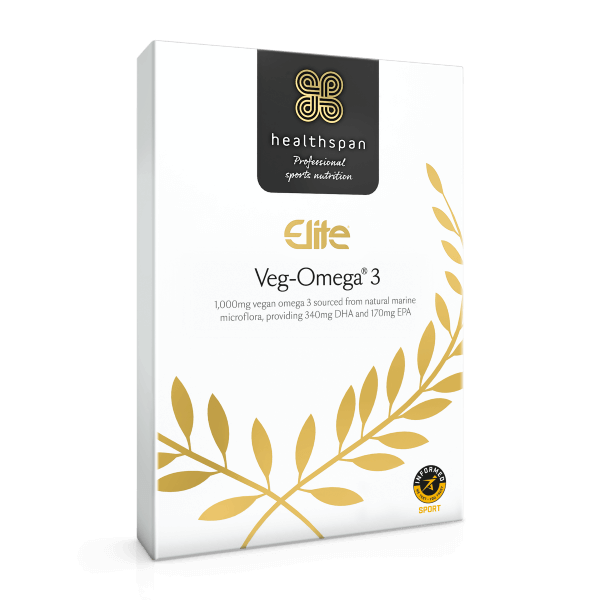Over the past few years there has been a growing trend in people wanting to reduce the amount of meat and other animal products in their diet. But can a vegan diet sustain an athlete's training, performance and recovery? Here's everything you need to know.
Rise of the plant-based diet
Those who avoid animal products are usually called vegans, but there's an increasing number of people who do not fully subscribe to all the vegan ideals and prefer to be considered as following a plant-based diet.
Although many diet trends come and go, I believe plant-based eating has now become mainstream. Nearly everyone I speak to wants to completely cut out or at least reduce animal products, for reasons that include animal welfare, environmental impact and health.
We can all see the influence this is having on society, with a huge increase in the number of cafés and restaurants offering plant-based foods. When athletes are looking to follow a plant-based diet, I recommend that they have their bloods checked and then rechecked three months later, which helps to assess the adequacy of their food intake. It is also advisable to consult either a registered dietitian or a sports nutritionist registered with SENr.
What should I consider?
The main questions athletes ask me when considering avoiding animal products are:
- Can I sustain my training, performance and recovery?
- What foods should I eat?
- Do I need nutritional supplements?
Nutritional needs
The first question challenges the idea of nutritional adequacy, and should be considered from both a macro and micro nutrient perspective. I encourage all athletes, no matter their food preferences, to carefully consider their diet to ensure it provides the nutrients they require.
Macro nutrients include protein, fats and carbohydrates, which provide energy. For hard, intense exercise the body needs carbohydrates, and a plant-based diet, by its very nature, tends to be high in carbohydrates.
Protein is the nutrient that many of those following a plant-based diet are concerned about, because animal foods are high in protein, with amino acids (protein building blocks) that are more similar to human proteins.
However, there are some very good plant-based proteins that can provide all the amino acids required, such as soy, buckwheat and quinoa.
Nuts are also good providers of protein, in particular American pistachios, which are lower in fat and therefore higher in protein than most other nuts.
Omega 3 fats can be more challenging to acquire from a plant-based diet, but seeds such as flax are great for this (remember you need to mill these or they pass straight through undigested). When it comes to micronutrients, it can be challenging to get adequate iron and calcium.
Also, vitamin B12 is almost impossible to get from a plant-based diet, as the best sources are liver, seafood, fish, meat and eggs.

Elite Veg-Omega® 3 1,000mg
1,000mg omega 3 sourced from natural marine microflora
- 340mg DHA and 170mg EPA per capsule
- Supports brain, heart and eye health
- Formulated with sustainable and natural marine microflora
Food variety
The answer to the second question, what food to eat, is simple: eat a mix of foods. By increasing the types of foods you eat, you increase the range of nutrients. For example, if you have several vegetable protein sources you will tend to improve the amino acid profile. A great example is a mixed-bean chilli.
The exception is vitamin B12 (vital for energy and immunity), where you will either have to look for fortified vegan foods, or consider a supplement. Common foods fortified with vitamin B12 include plant milks (soy, oat or nut), tofu, breakfast cereals, snack bars or nutritional yeast.
Supplementation
The final question is a little more complex, but my approach is the same for everyone: I will look at their diet and assess any nutritional gaps. These gaps are often easier to plug by using nutritional supplements, and for the plant-based-eating athlete these would typically include:
- A plant-based protein
- Minerals such as iron and calcium
- Vitamin D
- Vitamin B12
- Vegan omega 3
Whatever a person's motives for following a plant-based diet, as long as they focus on quality food and consider using suitable supplements there is no reason why they should not meet their nutritional needs to support their sporting goals.








